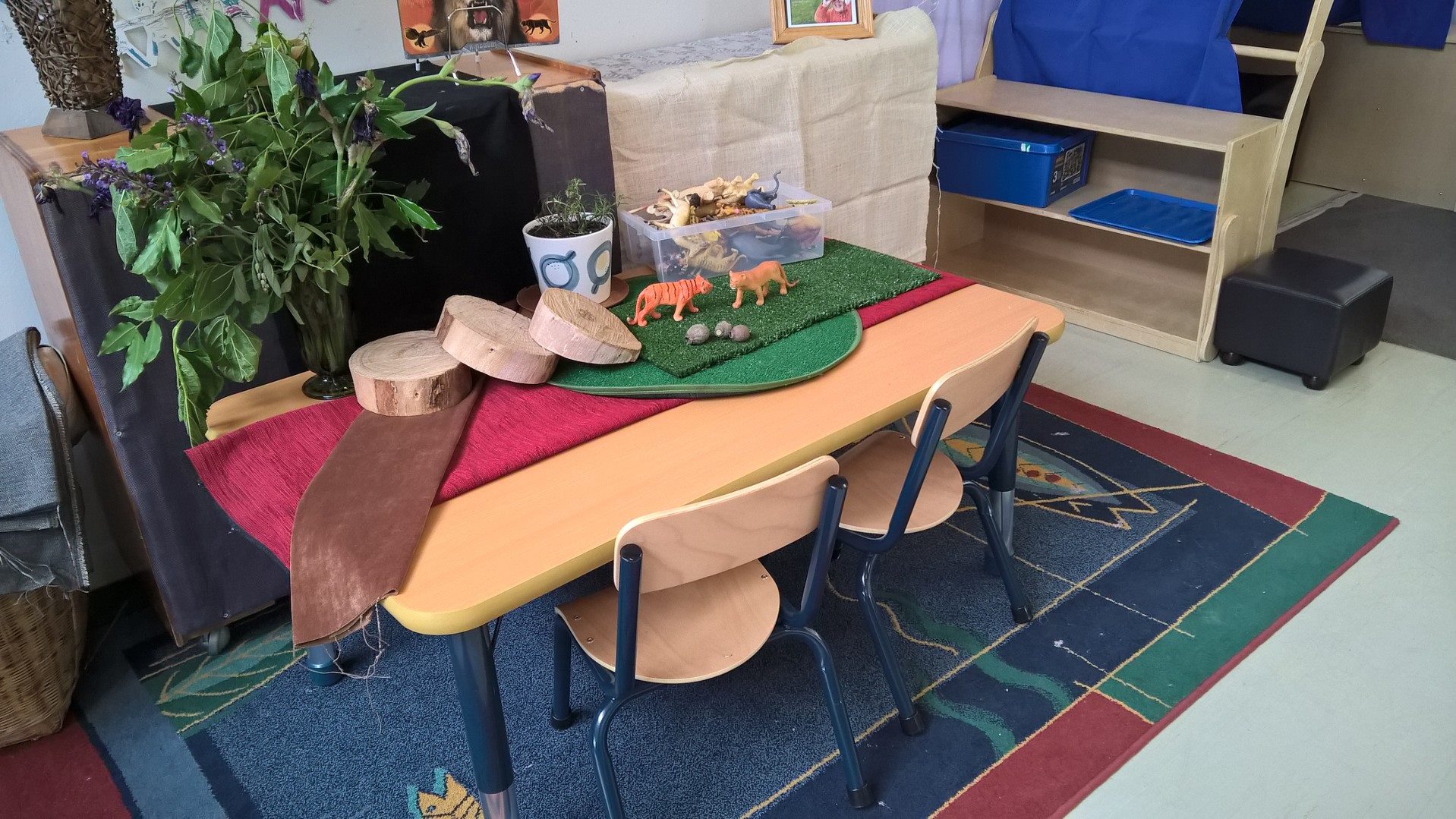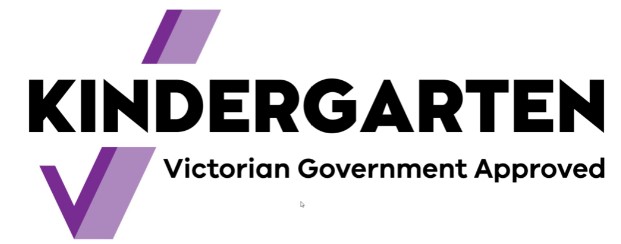How Kindergarten Programs Enhance Early Development: Early Steps to Success
15 August 2024
Enhance early childhood development with kindergarten programs from Gowers Kindergarten. Explore long-term benefits for the lifelong success of your child.
Early childhood education lays the foundation for lifelong learning and development. Kindergarten programs play a crucial role in shaping children’s growth during their formative years, fostering essential skills that prepare them for future academic and social challenges.
How Kindergarten Programs Enhance Early Development
Kindergarten programs provide a structured yet playful environment that caters to a child’s holistic learning. Let’s delve into the key areas where kindergarten fosters growth:
Social and Emotional Development
• Building Confidence and Independence: Kindergarten classrooms offer safe spaces for children to interact with peers, navigate social situations, and make new friends. This interaction builds confidence, fosters a sense of belonging, and encourages them to try new things independently.
• Fostering Empathy and Communication: Through play-based learning and group activities, kindergarten programs teach children valuable social cues. They learn to recognise and understand emotions in themselves and others, developing empathy and effective communication skills.
Cognitive Development
• Encouraging Creativity and Problem-Solving: Kindergarten classrooms are filled with engaging activities that spark a child’s imagination. From building blocks to storytelling sessions, these activities nurture creativity, critical thinking, and the ability to solve problems independently.
• Building Early Literacy and Math Skills: Learning in kindergarten doesn’t involve dry textbooks., Children are introduced to basic literacy and math concepts through interactive games, songs, and engaging activities. They learn the alphabet, practice counting, and develop early reading and writing skills, all while having fun!
Physical Development
• Refining Gross and Fine Motor Skills: A kindergarten classroom is a haven for movement. Through songs, games, and outdoor play, children develop gross motor skills like running, jumping, and throwing. They also refine their fine motor skills through activities like drawing, cutting, and manipulating objects, laying the foundation for future academic tasks like writing.
The Long-Term Benefits of Kindergarten
The positive impact of kindergarten programs extends far beyond the classroom walls. Here’s how:
• Academic Readiness: Kindergarten prepares children for formal education. They develop a love for learning and gain essential classroom skills like following instructions and participating in group activities. This early foundation boosts their confidence and sets them up for success in their academic journey.
• Lifelong Skills: Kindergarten teaches valuable life skills that go beyond academics. Children learn to collaborate, share, manage emotions, and build essential communication skills. These skills are crucial for success not only in school but also in future jobs and personal relationships.
• Societal Impact: High-quality kindergarten programs benefit society as a whole. By fostering strong social skills, emotional intelligence, and a love for learning, they contribute to a more productive and empathetic workforce. Additionally, children who attend kindergarten are less likely to experience social or academic difficulties later in life, reducing societal costs associated with intervention programs.
By nurturing social, emotional, cognitive, and physical development, kindergarten sets children on a path to lifelong learning and achievement. Invest in your child’s future today with quality kindergarten education at Gower Street Kindergarten. Visit our website to learn more about our programme and call us to schedule a visit or enrolment.

